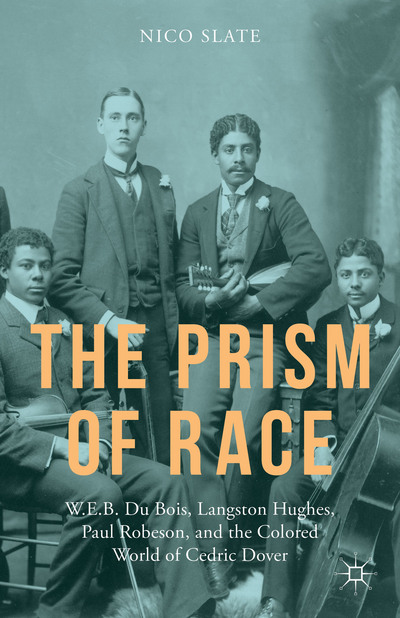Rewriting the History of American SociologyPosted in Articles, Biography, History, Media Archive, Social Science, United States on 2015-08-31 01:14Z by Steven |
Rewriting the History of American Sociology
Northwestern University News
Evanston, Illinois
2015-08-26
Hilary Hurd Anyaso, Law and Social Sciences Editor
Groundbreaking book argues W.E.B. Du Bois is primary founder of modern sociology
EVANSTON, Ill. — In his groundbreaking new book, Northwestern University’s Aldon Morris has done no less than rewrite the history of sociology by making a compelling case that black sociologist and activist W.E.B. Du Bois was the primary founder of modern sociology in America at the turn of the 20th century. It is a sociology that bases its theoretical claims on rigorous empirical research.
Pulling from over a decade of research in primary sources such as personal letters, conference proceedings and scholarly writings, “The Scholar Denied: W.E.B. Du Bois and the Birth of Modern Sociology” (University of California Press, August 2015) argues that power, money, politics and the ideology of white supremacy led to W.E.B. Du Bois being “written out” of the founding of sociology. Moreover his intellectual breakthroughs were marginalized in the field for the last century.
Morris, the Leon Forrest Professor of Sociology and African American Studies at Northwestern’s Weinberg College of Arts and Sciences, argues that Du Bois’ pioneering work was often characterized in the academy as unscientific and politically motivated while systemic racial biases colored the intellectual work of leading white sociologists, even those with liberal bents throughout the 20th century.
In Morris’ gripping narrative, Robert E. Park, the white University of Chicago scholar considered to be one of the major architects of modern-day sociology, and Booker T. Washington, the most famous and powerful black man in America between 1895 and 1915, play a central role in marginalizing the pioneering work that Du Bois and other black scholars produced at Atlanta University, a historically black institution.
The Du Bois-Atlanta School profoundly influenced the discipline by laying the intellectual foundations of scientific sociology, Morris argues, noting that Max Weber, the famous German sociologist and philosopher, was significantly influenced by Du Bois’ work…
Read the entire article here.





